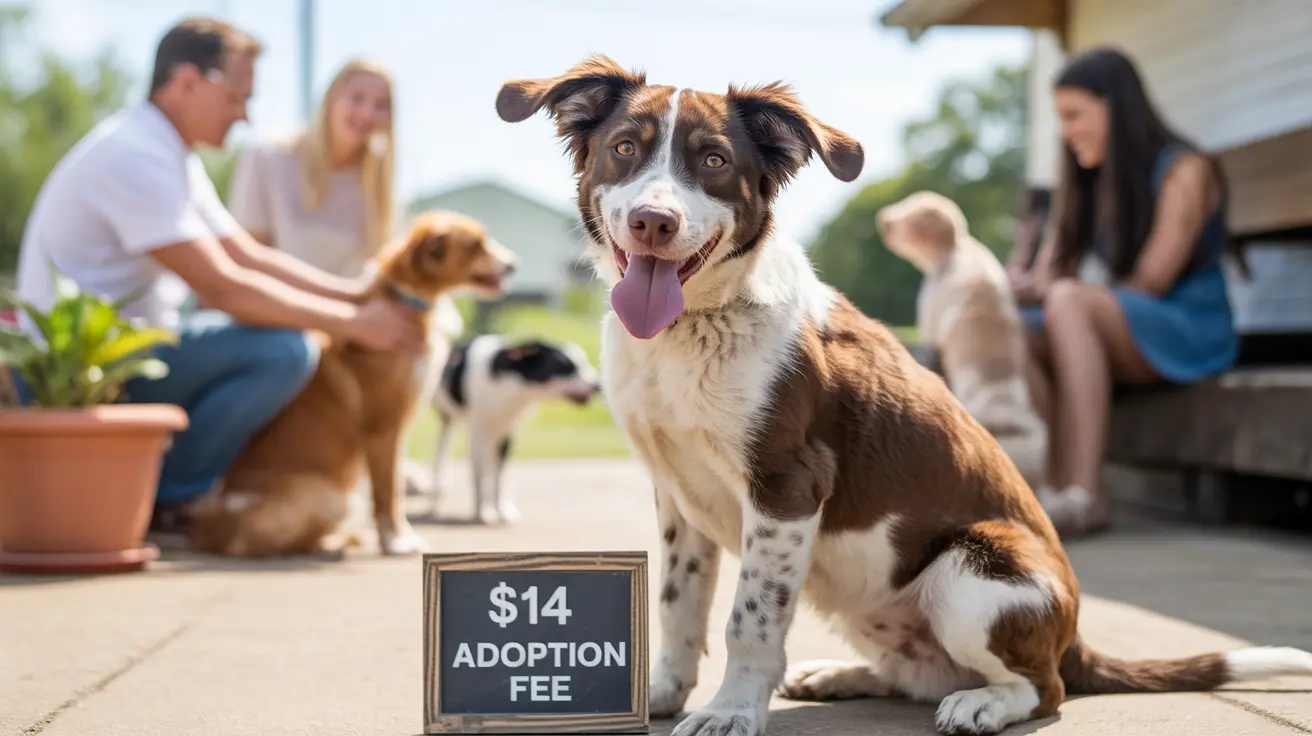How Long Does It Take for a Dog to Trust You?
Building trust with a dog is a rewarding yet sometimes challenging process. Unlike humans, dogs rely heavily on body language, consistency, and experience to determine who they can trust. Whether you're adopting a rescue dog or bonding with a new puppy, understanding the factors that impact trust is essential.
What Influences a Dog’s Trust?
The time it takes for a dog to trust you depends on several key aspects:
- Past experiences: Dogs who have faced abuse, neglect, or abandonment may take longer to trust humans.
- Breed tendencies: Some breeds are naturally more cautious or independent, while others are friendly and social.
- Socialization: Dogs exposed to various people, places, and experiences at a young age often adapt and trust more quickly.
- Your behavior: Consistency, calm energy, and patience are crucial to earning a dog’s trust.
Timeline for Building Trust
On average, dogs begin to show signs of trust within the following timelines:
- First week: Dogs are often cautious, reserved, and exploratory. They may watch you closely but avoid contact.
- 2–4 weeks: Some dogs start engaging more with you, showing relaxed body language, and may follow you around.
- 1–3 months: With routine, safety, and love, dogs usually become much more comfortable, seek affection, and follow commands.
- 3–6+ months: Deep trust is established. Your dog may display strong loyalty, excitement when you return home, and form permanent bonds.
Signs That Your Dog Trusts You
Once you’ve gained a dog’s trust, you’ll notice several affectionate and confident behaviors:
- They follow you: Indicates attachment and curiosity about you.
- Relaxed body language: Soft eyes, wagging tail, and a calm stance suggest comfort.
- They initiate contact: Nudging for petting, rolling over, or licking are signs of affection.
- Obedience: Eager to listen, learn commands, and please you.
- They sleep near you: Sleeping in vulnerable positions or near you shows strong trust.
Tips to Build Trust Faster
Improving the speed at which a dog trusts you involves mindfulness and patience. Here are proven strategies:
- Respect their space: Allow the dog to come to you and don't force interaction.
- Use positive reinforcement: Reward good behavior with treats, praise, and toys.
- Be consistent: Routine fosters a sense of safety and predictability.
- Speak softly and calmly: Loud voices can intimidate cautious dogs.
- Spend quality time: Walks, play, and gentle grooming develop your bond.
Bonding With Rescue or Traumatized Dogs
Dogs rescued from shelters or traumatic pasts may require longer periods to develop trust. These dogs need:
- Extra patience: Progress may be slow and inconsistent.
- Rehabilitation tools: Anxiety aids, professional training, or behaviorists can help.
- A quiet environment: Reduces stress and creates calm surroundings.
- Time and empathy: Accept setbacks and be understanding of their fears.
When to Seek Help
Some dogs have deep-rooted fear or aggression issues. If progress is stagnant after months of effort, consult a professional dog trainer or animal behaviorist. They can help decode your dog's behavior and recommend personalized strategies.
Final Thoughts
Gaining a dog’s trust is not a one-size-fits-all timeline. For some, trust may come within days; for others, it may take many months. The key is to stay patient, consistent, and compassionate. When you finally win a dog's trust, the bond is incredibly fulfilling and unbreakable.





